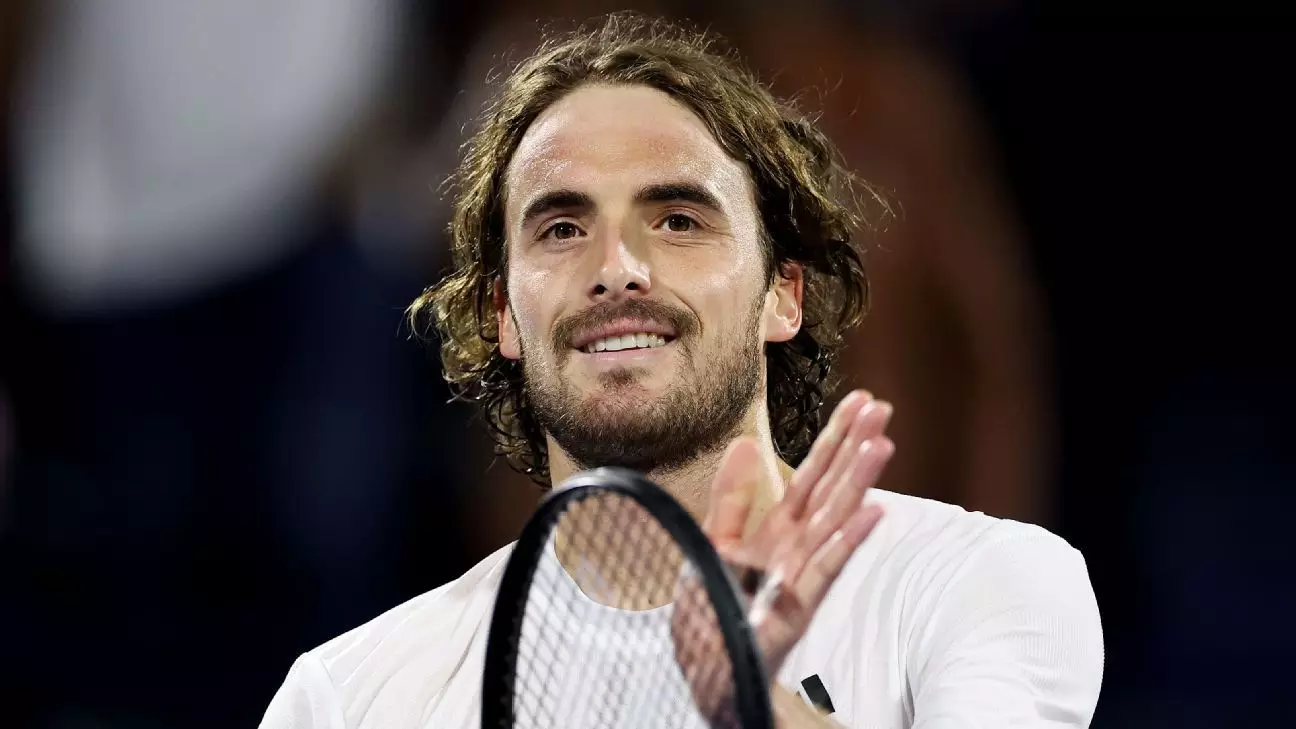In a world where professional sports often emphasize innovation and external expertise, the decision of tennis star Stefanos Tsitsipas to rehire his father, Apostolos, as his coach strikes a poignant chord. This move underlines a fundamental truth: sometimes, the most effective path to renewal involves retracing one’s origins and rediscovering the core support that once fueled success. It’s a bold assertion that true growth isn’t always about chasing new methods or high-profile partnerships, but often about reconnecting with the foundation that nurtured a player’s initial promise.
The significance of family involvement in elite sports is frequently underestimated. While modern coaching emphasizes data analytics, top-tier strategies, and specialized trainers, the emotional bonds and trust within a family can provide an unparalleled sense of stability. Tsitsipas’ decision exemplifies this belief — that the familiar, the trusted, and the personal can serve as a critical catalyst for resurgence. In a demanding sport that tests mental resilience and consistency, having a coach who understands the athlete’s inner world can offer a unique advantage that external consultants might struggle to match.
Why It Matters When Top Athletes Reset Their Journey
Tsitsipas’ recent struggles—dropped from the top echelons to 30th in the rankings and limited to early exits in major tournaments—highlight that success in tennis fluctuates, often unpredictably. His brief stint with Goran Ivanisevic, a celebrated coach with a legacy of guiding champions like Novak Djokovic, was aptly characterized by recent frustration and unmet expectations. The harsh critique from Ivanisevic about Tsitsipas’ preparedness epitomizes the brutal realities of professional sports: effort alone isn’t enough; mental readiness and strategic discipline are crucial.
Yet, the story doesn’t end with disappointment. Tsitsipas’ choice to revert to his father signals a belief that personal trust and intimate understanding might be more potent than external expertise in overcoming current obstacles. This act of returning is a testament to resilience — acknowledging that sometimes, progress requires stepping back and realigning with one’s core values and support system. Such a move embodies an understated but powerful lesson: humility and self-awareness are often the first steps toward genuine growth.
Rekindling Trust to Reignite Performance
In tennis, as in many competitive pursuits, losing sight of one’s initial motivation can lead to stagnation. Tsitsipas’ social media post reflects a deeper philosophical stance—emphasizing the importance of reconnecting with who believed in him from the start. His journey has been marked by remarkable potential and high-profile near-misses, indicating that talent alone isn’t enough to sustain greatness. It’s the mental clarity, confidence, and trust in one’s support network that ultimately define a champion’s longevity.
By embracing his father once again, Tsitsipas is demonstrating that the road to mastery isn’t linear. There is strength in humility, and sometimes the most powerful strategy involves going back to what worked before. This decision may seem counterintuitive in the high-stakes world of professional tennis, but therein lies its profound wisdom: authenticity and rooted relationships can serve as the greatest catalysts for a comeback. The path to mastery is nuanced, often requiring a willingness to surrender external trappings and rediscover what truly fuels an athlete’s spirit.

